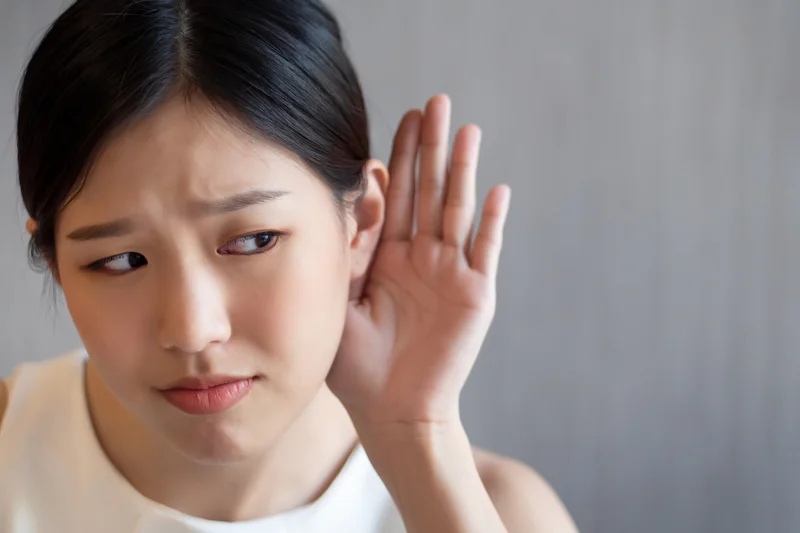Causes of hearing loss have been identified

Photo source: 123rf.com
Some of the main prerequisites for the development of age-related hearing loss are diabetes mellitus, obesity, and cardiovascular diseases.
Age is inexorable - over the years, most people experience a gradual decline in hearing. This common phenomenon, known as presbyacusis, begins to manifest itself after the age of 45. However, age-related hearing loss is not only related to the natural aging process, but also to a number of additional risk factors.
One of the main prerequisites for the development of age-related hearing loss are diabetes mellitus, obesity and cardiovascular diseases. Bad habits, such as smoking and alcohol abuse, as well as exposure to noise in the workplace, also play an important role.
Specialists note that men are more susceptible to age-related hearing loss than women. This is largely due to the peculiarities of the male lifestyle - representatives of the stronger sex are less likely to seek medical help, are more likely to encounter harmful industrial factors and are more prone to bad habits. Thus, unhealthy lifestyle and unfavorable external conditions significantly increase the risk of age-related hearing loss in men.
Internal physiological processes also play an important role in the genesis of age-related hearing loss. With age, degenerative changes occur in the body, including those affecting the immune system. This leads to the accumulation of inflammatory mediators that have a negative impact on the entire body, including the hearing organ. In addition, age-related diseases such as diabetes and cardiovascular disease also have a negative impact on the age related hearing problems.
Age-related hearing loss is divided into two main types - sensorineural and conductive. Conductive hearing loss is associated with impaired conduction of sound waves through the auditory tract and can be caused by wax plugs or inflammatory processes. In these cases, hearing is usually restored after treatment.
Neurosensory hearing loss is caused by damage to the inner ear or brain structures. Causes may include auditory neuroma, trauma, inflammation, allergic or autoimmune diseases. Unfortunately, with sensorineural hearing loss, recovery is much more difficult.
For prevention and timely diagnosis of age-related hearing changes, experts recommend regular audiologic examinations, especially after the age of 45. A simple home test is to ask a loved one to whisper something in your ear from different distances and determine the distance at which you can no longer hear. Online hearing tests are also available.
It is important to pay attention to the state of the cardiovascular system, timely treat hypertension and diabetes mellitus, as these diseases increase the risk of age-related hearing loss. It is necessary to give up bad habits, follow a balanced diet and lead an active lifestyle. At the first signs of hearing loss, you should immediately consult a nurse practitioner for a full examination and prescription of timely treatment or rehabilitation.
Early diagnosis and correction of risk factors for age-related hearing loss can help you maintain good hearing for years to come. Regular follow-up with a hearing care professional and adherence to preventive recommendations can prevent or slow the development of age-related hearing loss.